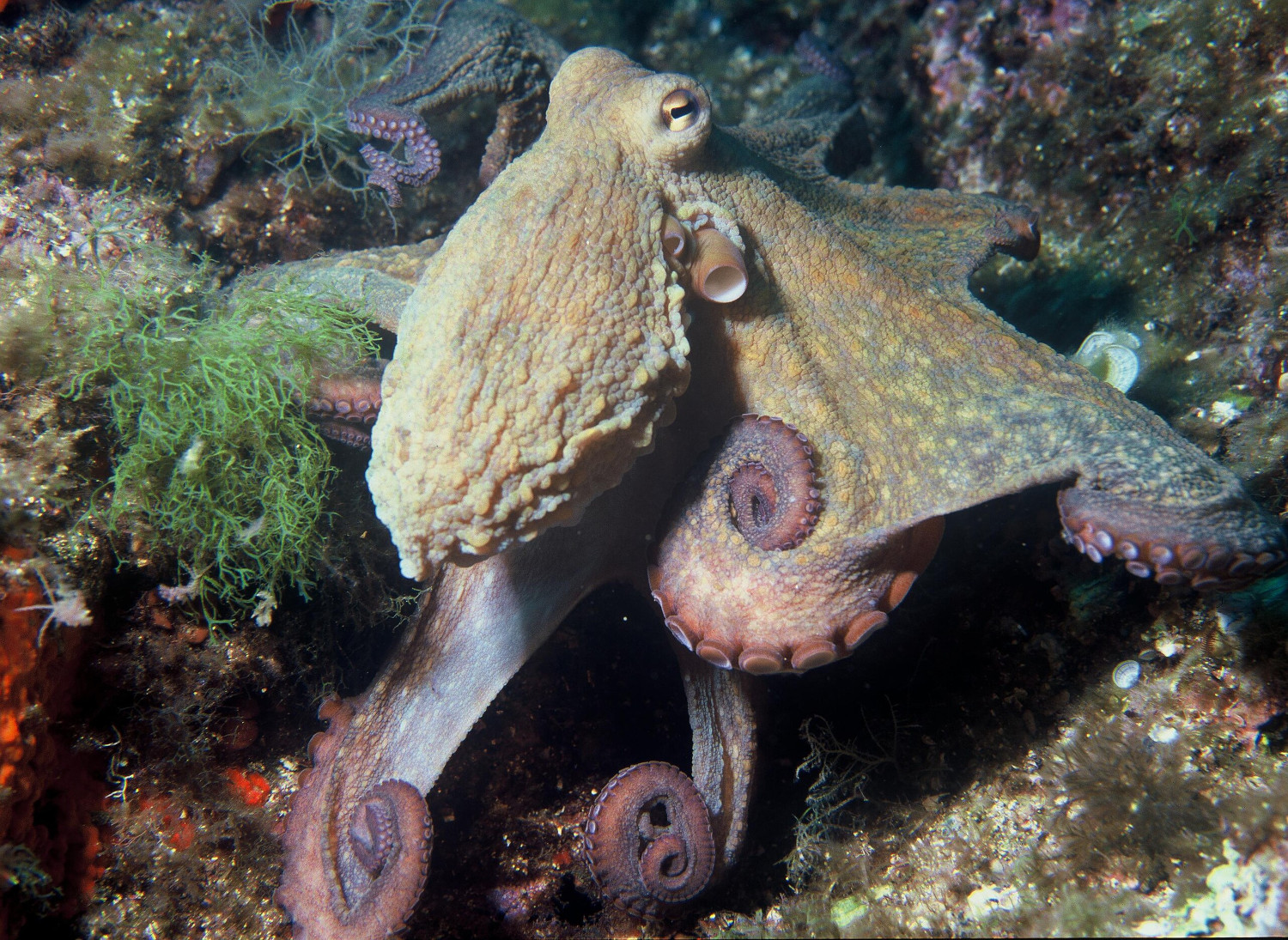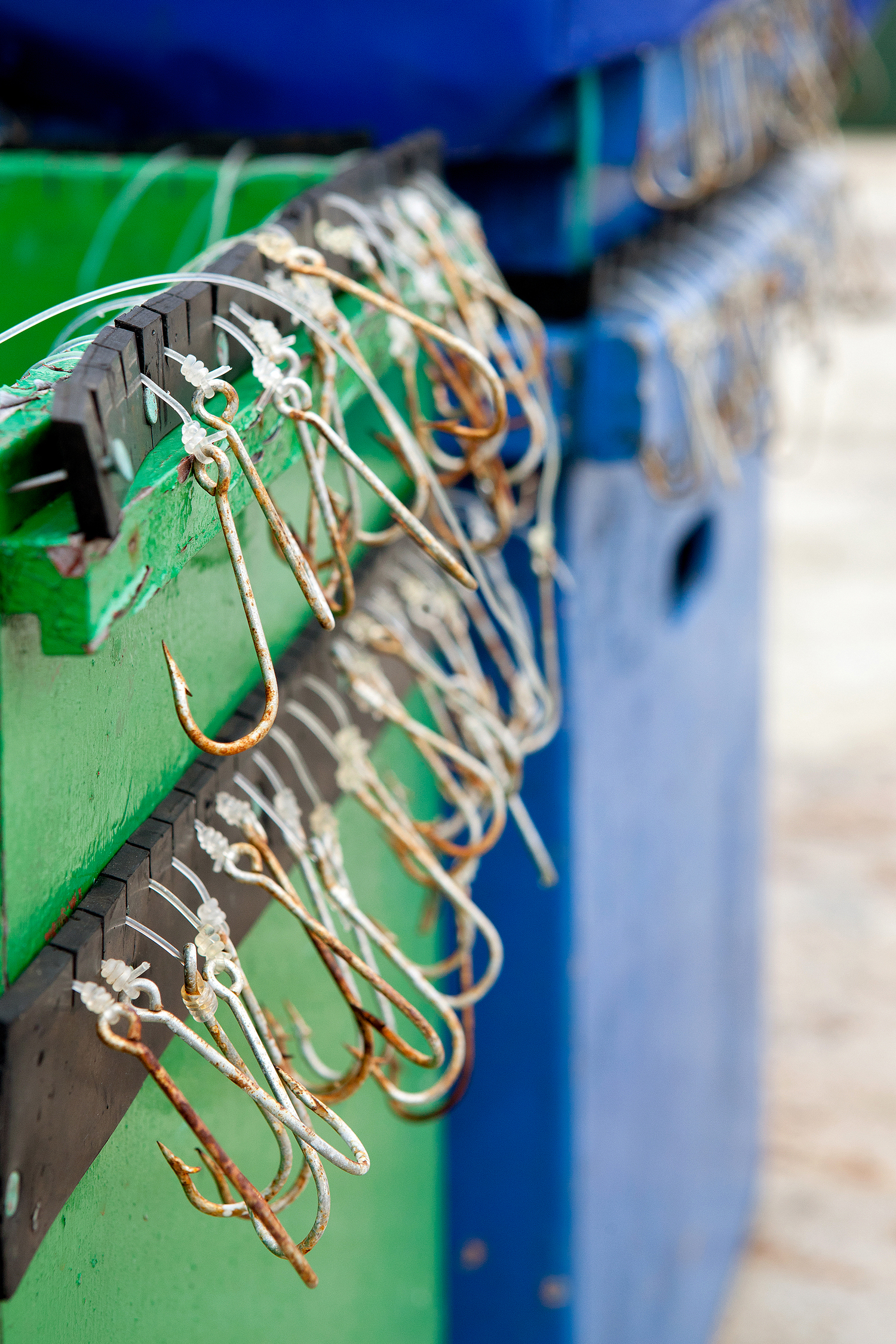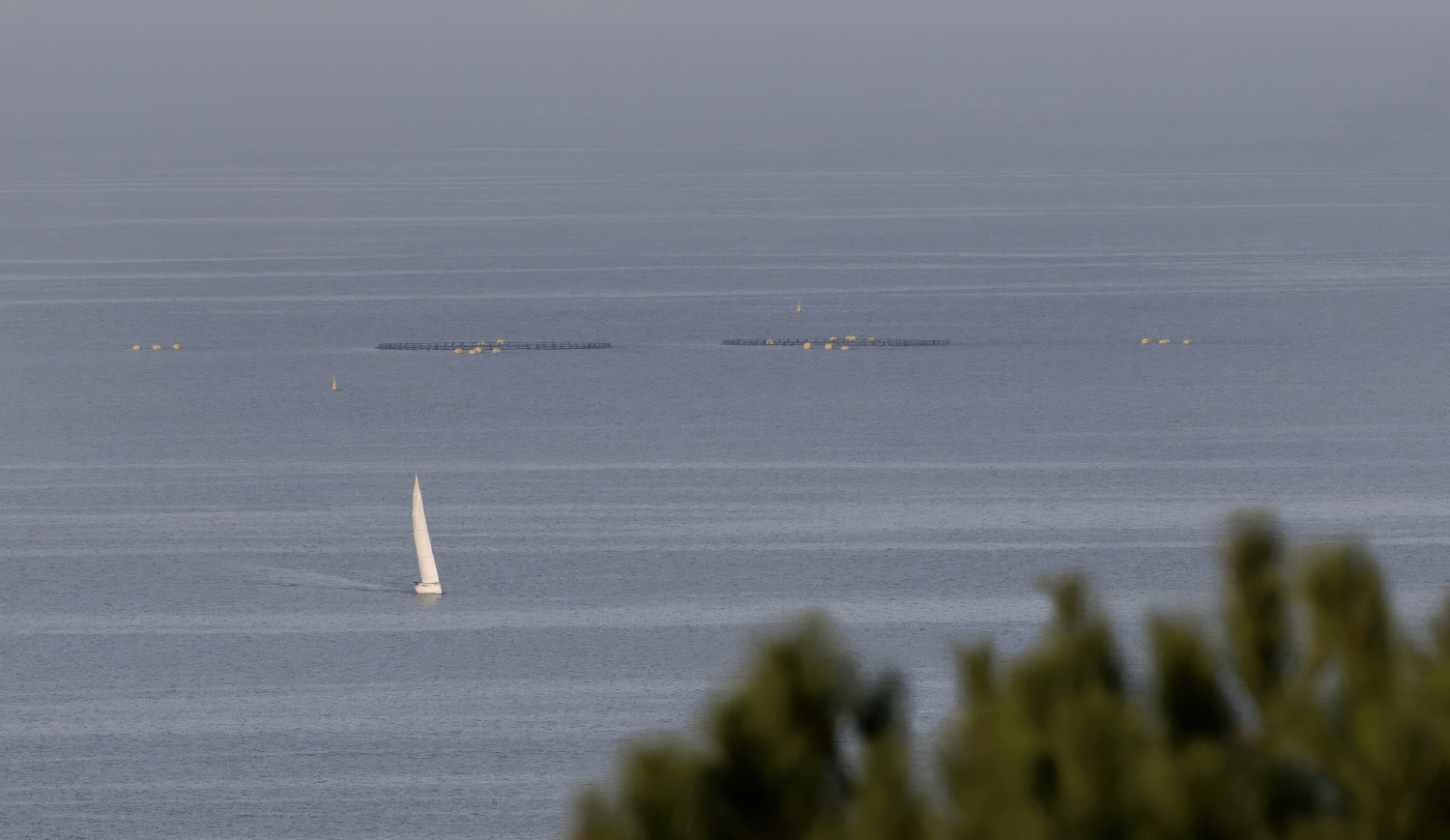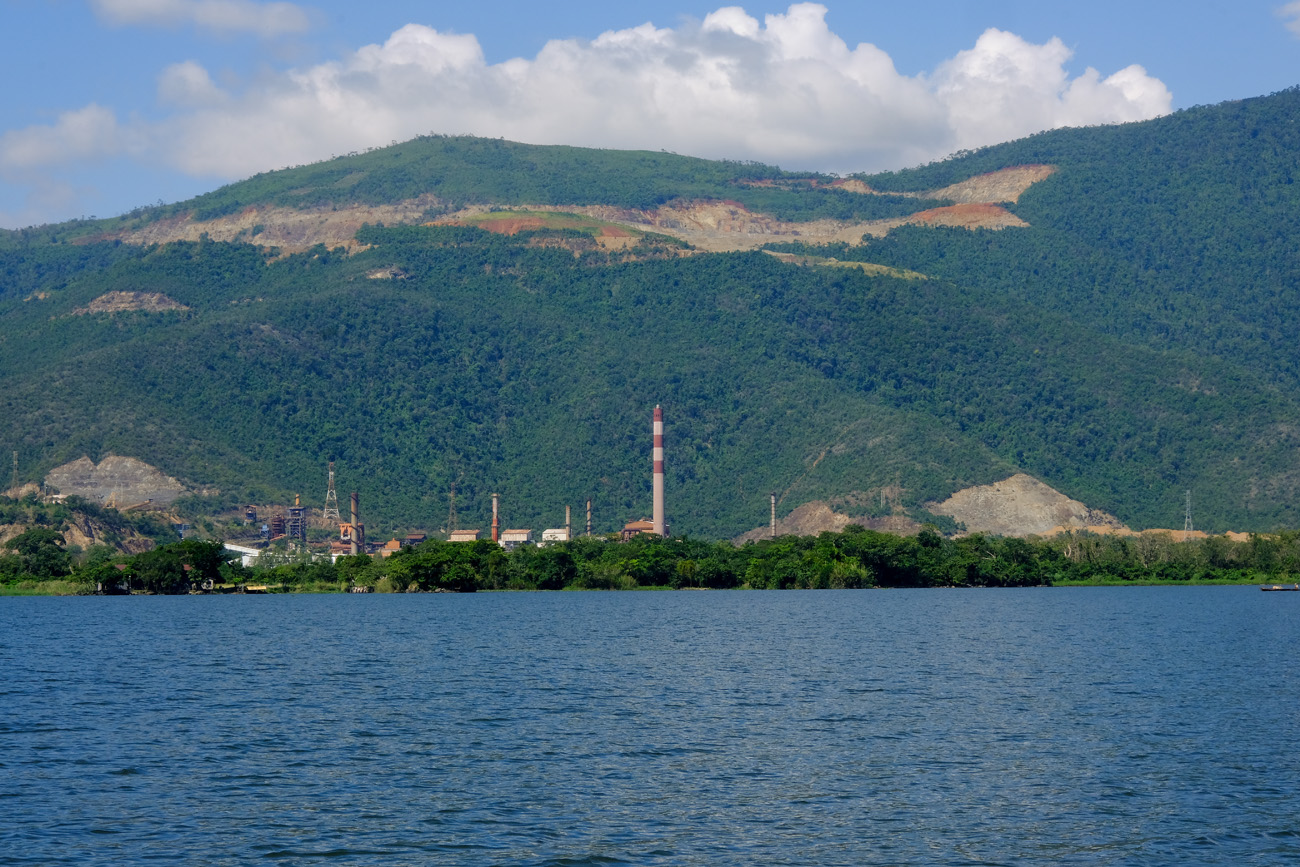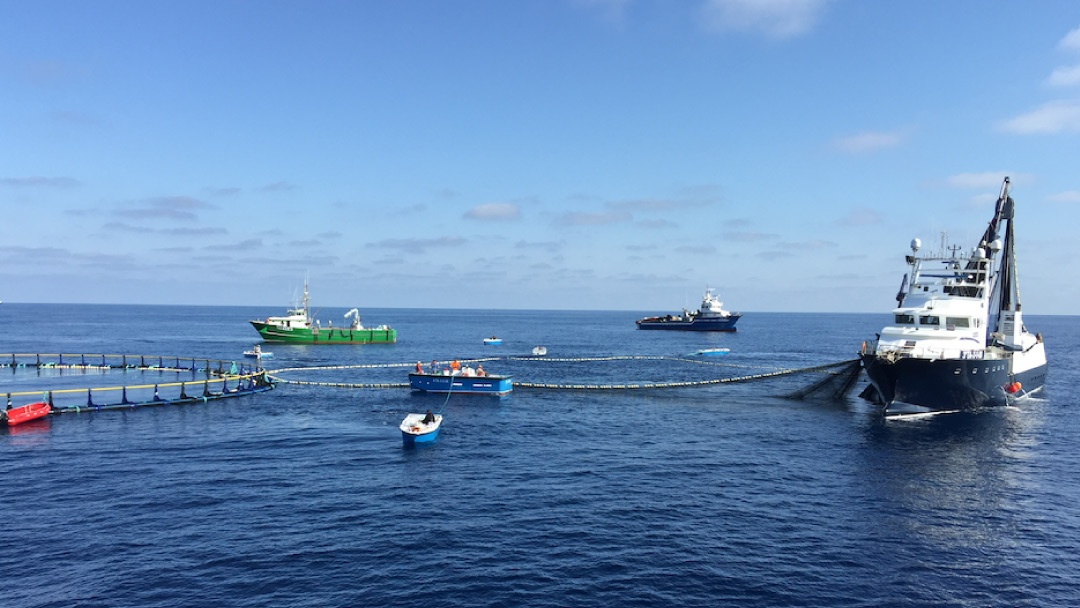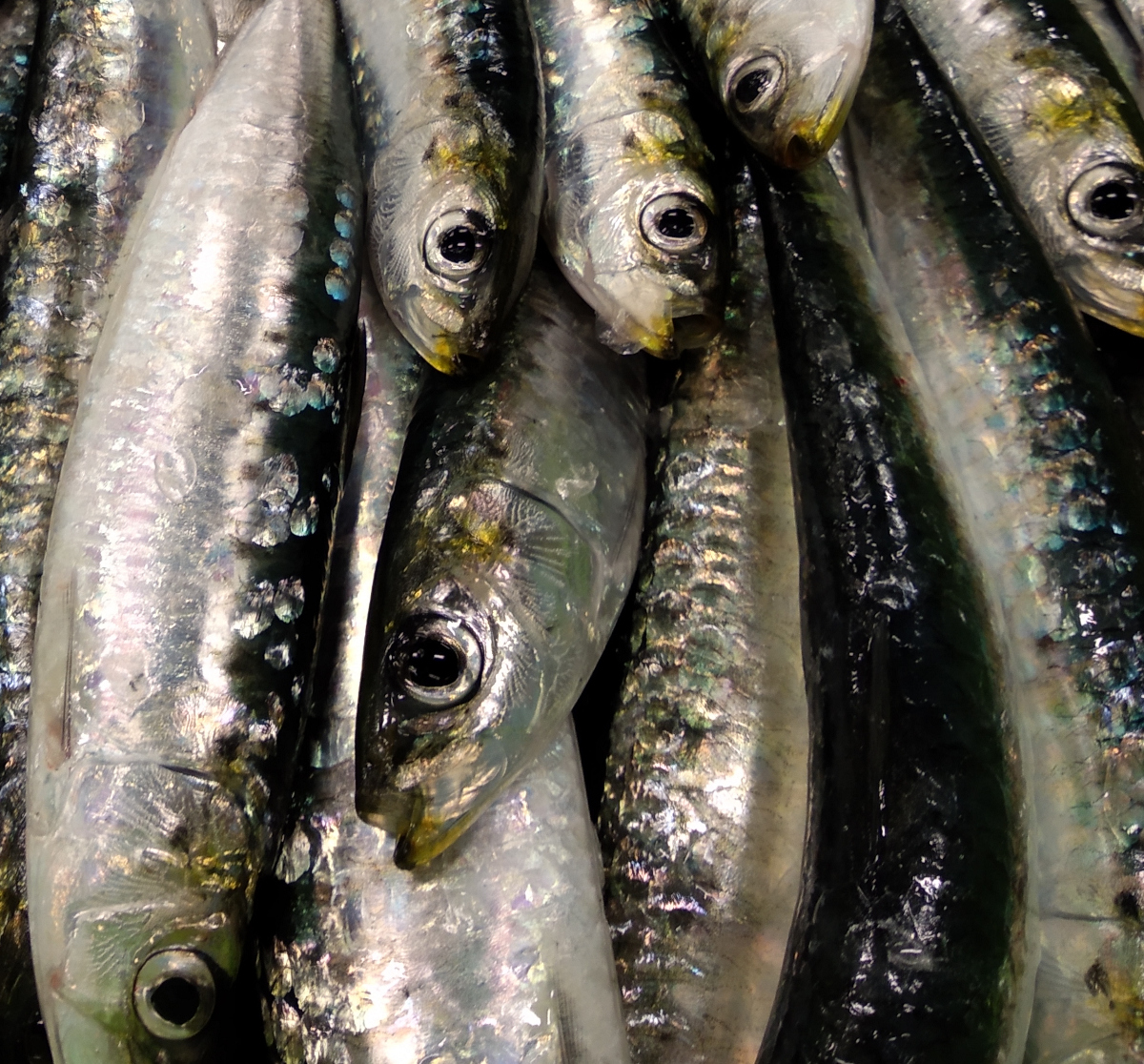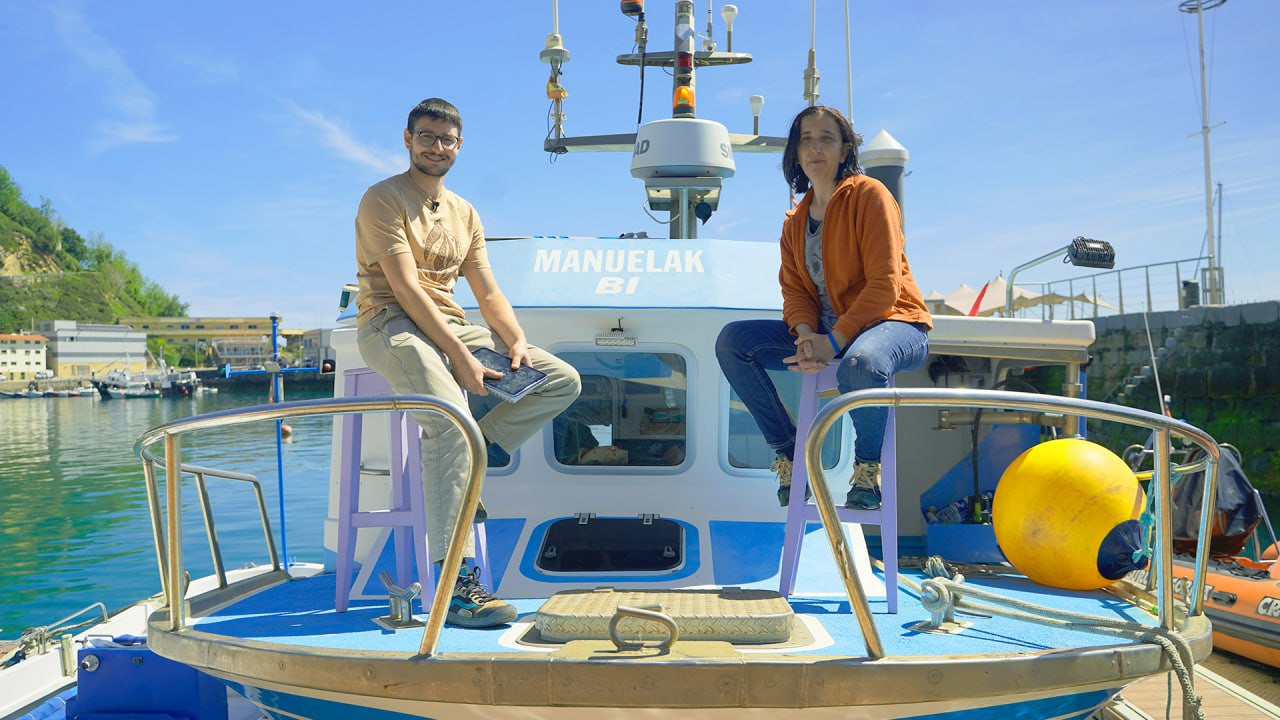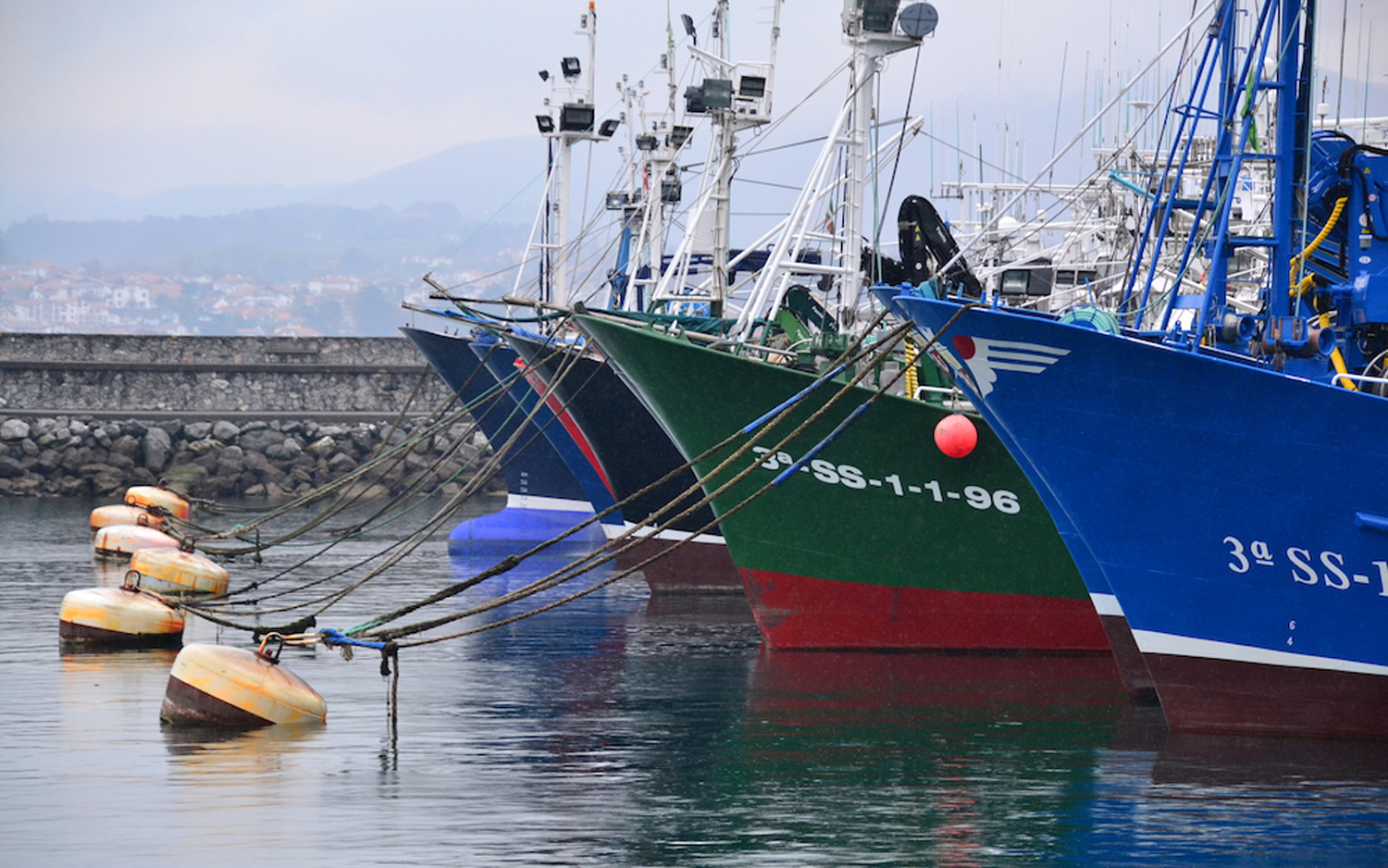The European fishing industry is depleting tuna in the Seychelle area and we Basques are in the hands of
- The rabil of the Indian Ocean is on the verge of extinction and not because of the fishermen of the area, such as Seychelles, Somalia or Kenya, but because of the destruction of the European Union’s naval factories. Europeans who love canned tuna so much, once consumed in their surroundings, are depleting their waters. Basque citizenship should know that the fishing industry here also exists in art.
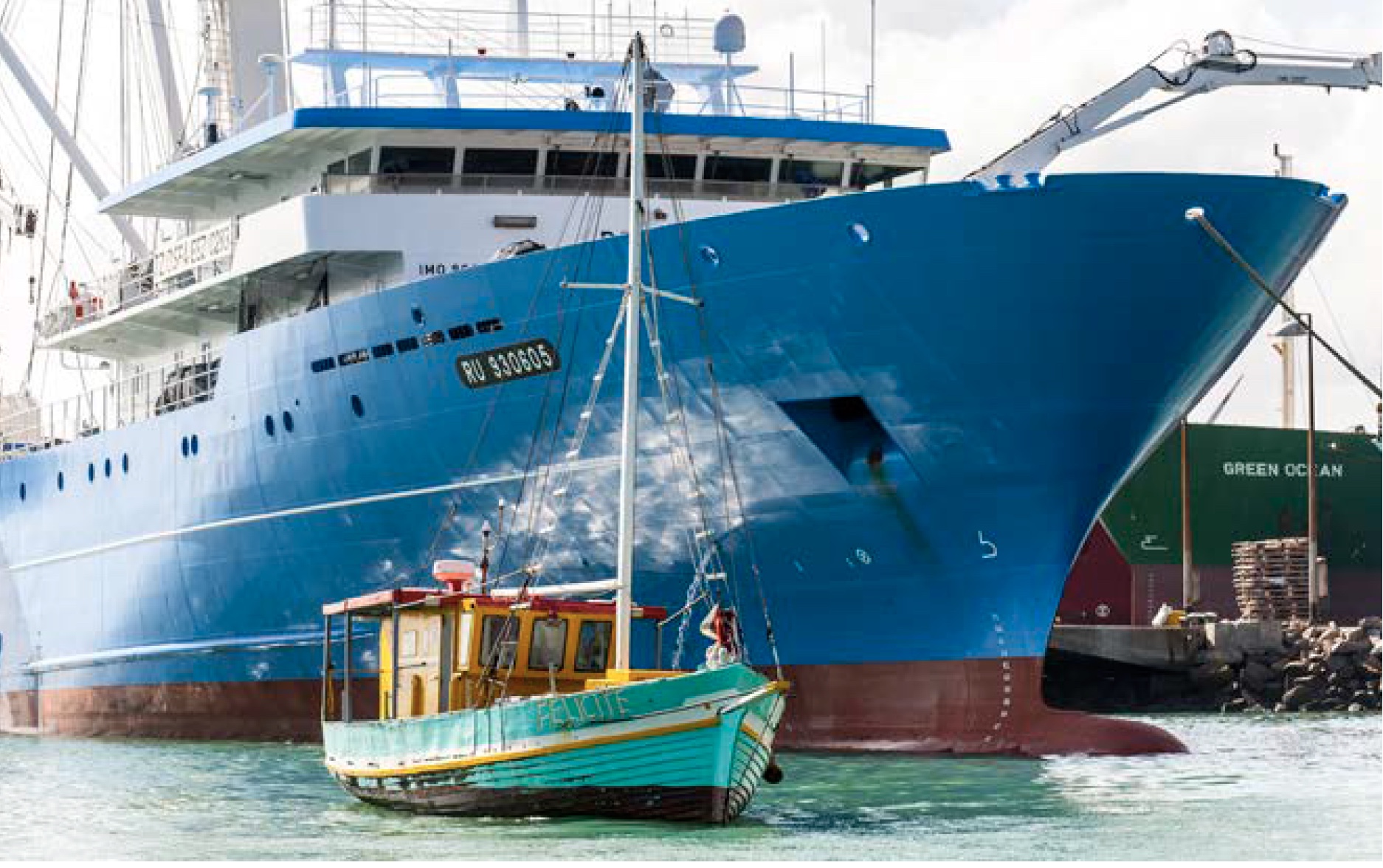
Flag Network: Predatory European ships help push in India Ocean tuna to the brink (“Red flag: European predatory ships lead to the extinction of Indian Ocean tuna”). This is a gross title that sums up an ecological disaster that the European fishing industry is acting far from its borders. It has published Mongabay, one of the world's leading environmental and conservation media, signed by the Indian journalist Malavika Vyawahare. The chronicle is composed of: European tuna vessels dump fishing debris in Seychelles waters ‘with impunity’. One of Mongabay's most read reports in 2021. It will not be because the Basques have echoed us.
“The boats controlled by the European Union have been fishing the rabil (Thunnus albacares), one of the largest assets in this region for over three decades. Now the number of tuna is almost in the background and, halting the overfishing, the plans for revitalization have failed.” Negotiations by the EU and the Indian Ocean Tuna Committee (IOTC) in March to channel the ecological crisis have also failed, according to Vyawahare.
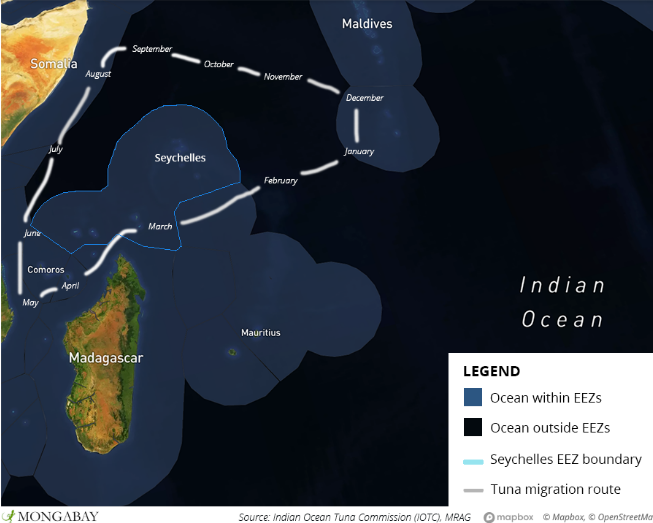
Tuna fishing takes billions each year and today the most prosperous fishing in the world is the Indian Ocean, in particular the West, the sea between the islands of Seychelles and East Africa, which moves around $1 billion a year (EUR 881 million). As the beautiful and brown Atlantic fleets were exhausted, the European fleets, mainly French and Spanish, resorted to these waters of the African shore to collect this fish that Europeans consume with great appetite. In addition to rabil, they also fish listed (‘Katsuwonus pelamis’) and bigeye (‘Thunnus obesus’).
When, in 1982, the United Nations recognized States ownership of the 200-mile waters around it, Seychelles, Madagascar, Mauritius, Comores met with this enormous treasure... And because poor countries lacked the infrastructure and technology to exploit large swaths of fish, they soon approached European aid… The first colonial chiefs, offering subsidies in exchange for fishing rights. For example, the Seychelles is currently receiving EUR 5.3 million per year under the last convention as compensation to the EU. EU vessels also pay the Seychelles EUR 80-85 per tonne of tuna caught. The modern tuna steamships, one of the largest naval factories in the world, are dedicated to purse fishing, surrounding the balance of fish with nets up to two kilometres of surface. As far as the European Union is concerned, there are fifteen Spanish flag boats in the water and twelve with the French flag.
NEOCOLONAL RELATIONSHIP
Thirteen more carry the flag of the Seychelles, although they are owned by Europeans. “The EU documentation – says Vyawahar – reveals that the company Pesquería Vasco Montañesa, S.A. (Pevasa) has the boat Playa de Anzoras. Albacora S.A. uses three ships under the flag of Seychelles, S. Cast three, Inpescak bi and Atunsa bat. They are all from the Basque Country (Spain’s Basque Country), which has always been the strong of the European fishing industry.”
There are, of course, more non-EU vapours in the Western Indian Ocean, although Mongabay does not mention them. The IOTC mentions in its reports those of Korea, Japan and, above all, those of China, some of them fishing without any permission or control.
The influence of intensive fishing has emerged fite: The IOTC has pointed out in a report that rabil amounts can collapse by 2026. The IOTC itself launched the tuna recovery plan in 2016, with the aim of reducing catches by 15% by setting up vessels on board. But the agency already recognised last year that in the following years, at least those in the EU had caught above these figures, in particular the Spaniards did not report 30% of the catches in 2018.

Vyawahar has also received the opinion of OPAGAC, the employers of the Spanish Bapores: “Since the 1960s, companies have invested heavily in these countries, both in fishing vessels and processing plants. They have developed the tuna industry in Seychelles, Mauritius, Madagascar and Kenya, creating 15,000 jobs.”
The fact is that a government such as Seychelles has little capacity to monitor the work of the powerful European fishing industry, with a modest annual budget of EUR 350 million. How can we ensure that vessels comply with control measures, such as continuous notification of their positions or full recognition of the quantity of fish landed? How can we prevent these boats from losing in the water many plastic artifacts used in purse fishing, damaging the waters and coasts of high biodiversity?
And on the Topic of #harmfulsubsidies. This kind of subsidies actually cause, explained by leading Ocean Economist @DrRashidSumaila @Kloeckner, it's time to listen to science.
— BirdLife Europe & Central Asia (@BirdLifeEurope) December 2, 2020
It's time to #StopFinanOverfishing #EMFF pic.twitter.com/z4RYL8nZnX
In this way, tuna yellowfin tuna catches are still business as usual. Industrial fishing has received billions of aid in the last two decades, both from the EU and from Spain and France. In 2020 more than 100 scientists publicly denounced their use to “promote overfishing and increase the sea disaster.”
Malavika Vyawahare: “The largest tuna shipping company in the Seychelles, in India Ocean Tuna Ltd., symbolises the inequality between the countries here and Europe around tuna. Thai Union/M.W. is its owner. Brands, the leader in tuna packaging, is based in Thailand. It buys almost all tuna to EU steamships, sends most of the tuna to the EU without paying taxes and mainly employs imported workers.”

Arrantza handi eta industriala defizitarioagoa da sozialki, ekonomikoki eta ekologikoki arrantza txikiaren alboan; arrantza txikiak baino dirulaguntza publiko dezente gehiago jasotzen ditu; eta are, soilik laguntza horiei esker bizirauten du. Horixe erakutsi du Frantziako... [+]











